What’s the Difference Between PVC pipes and Copper Pipes?
In the world of plumbing, the choice of materials for your pipes can greatly impact the longevity, cost, and effectiveness of your plumbing system. Two of the most commonly used materials for pipes are PVC (Polyvinyl Chloride) and copper. Each material comes with its own set of advantages and disadvantages, making it essential to understand the differences between PVC and copper material before making a decision for your plumbing needs. In this article, plumbers Bristol will delve into the contrasting features of these two pipe materials, helping you make an informed choice for your next plumbing project.
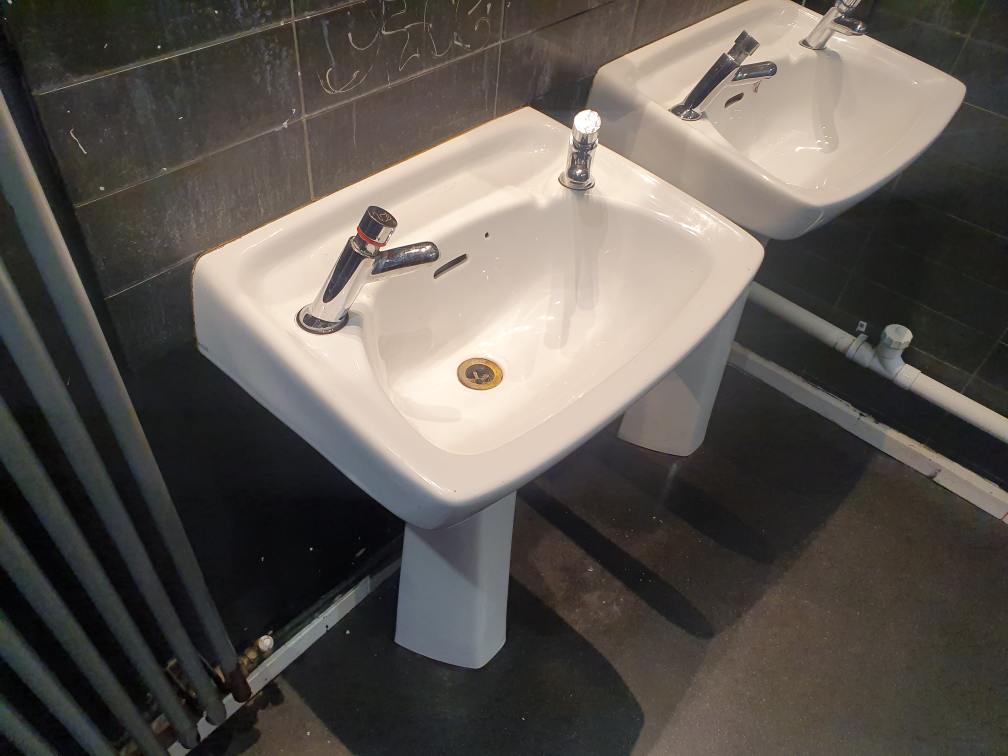
Before we dive into the specifics, let’s begin with a brief overview of PVC and copper pipes.
PVC Pipes
Polyvinyl Chloride, or PVC, pipes are made from synthetic plastic polymer. They have gained popularity in the plumbing industry due to their affordability and versatility. PVC pipes are commonly used for both residential and commercial plumbing applications.
Copper Pipes
They have a long history in plumbing. They are known for their durability and excellent heat conductivity. Copper pipes have been a staple in plumbing for decades, particularly in residential construction.
Composition and Properties of PVC Pipes
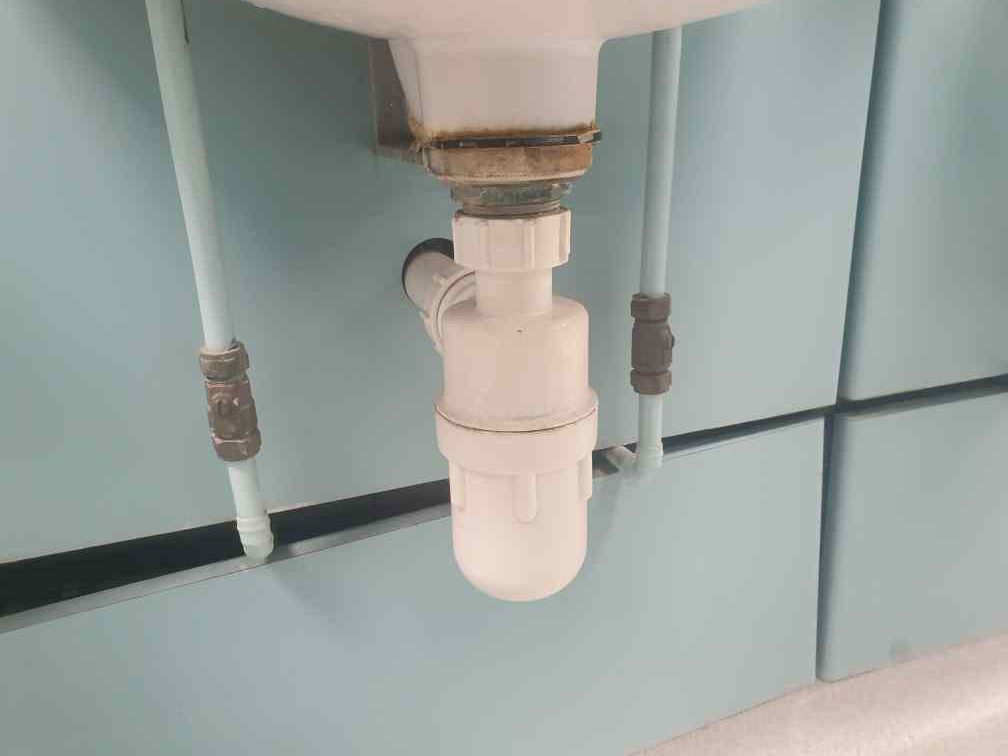
PVC pipes are composed of a combination of vinyl resin and various additives. They are lightweight, making them easy to handle and install. PVC pipes are known for their corrosion resistance, making them suitable for both indoor and outdoor use. However, they are not as heat-resistant as copper pipes.
Composition and Properties of Copper Pipes
They are made from, you guessed it, copper! These pipes are renowned for their exceptional durability and resistance to high temperatures. Copper pipes also possess antimicrobial properties, contributing to water quality. However, they tend to be heavier and more expensive than PVC pipes.
Cost Comparison between Copper Pipes and PVC Pipes
One significant factor that influences the choice between PVC and copper pipes is cost.
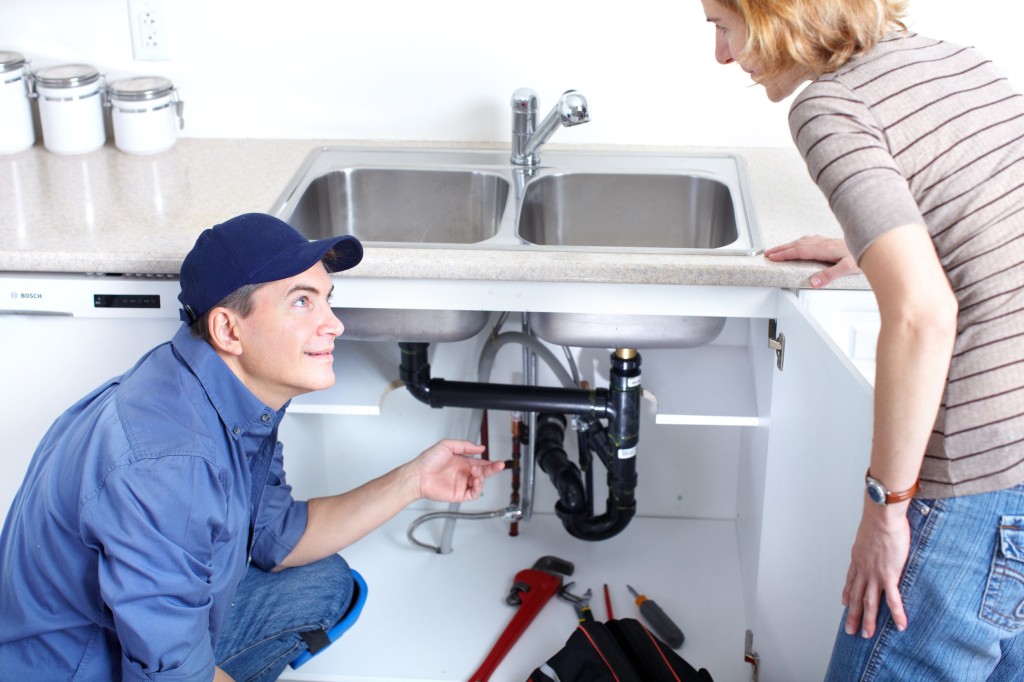
PVC pipes are generally more cost-effective compared to copper pipes. Their lower price point makes them an attractive choice for budget-conscious plumbing projects. However, it’s essential to consider other factors like durability and lifespan when making your decision.
Installation Ease of Copper Pipes and PVC Pipes
When it comes to ease of installation, PVC pipes have a clear advantage. Their lightweight nature and compatibility with solvent cement make them straightforward to work with. Copper pipes, while durable, require more skill and effort for installation due to their weight and the need for soldering.
Durability and Longevity for Copper Pipes and PVC Pipes
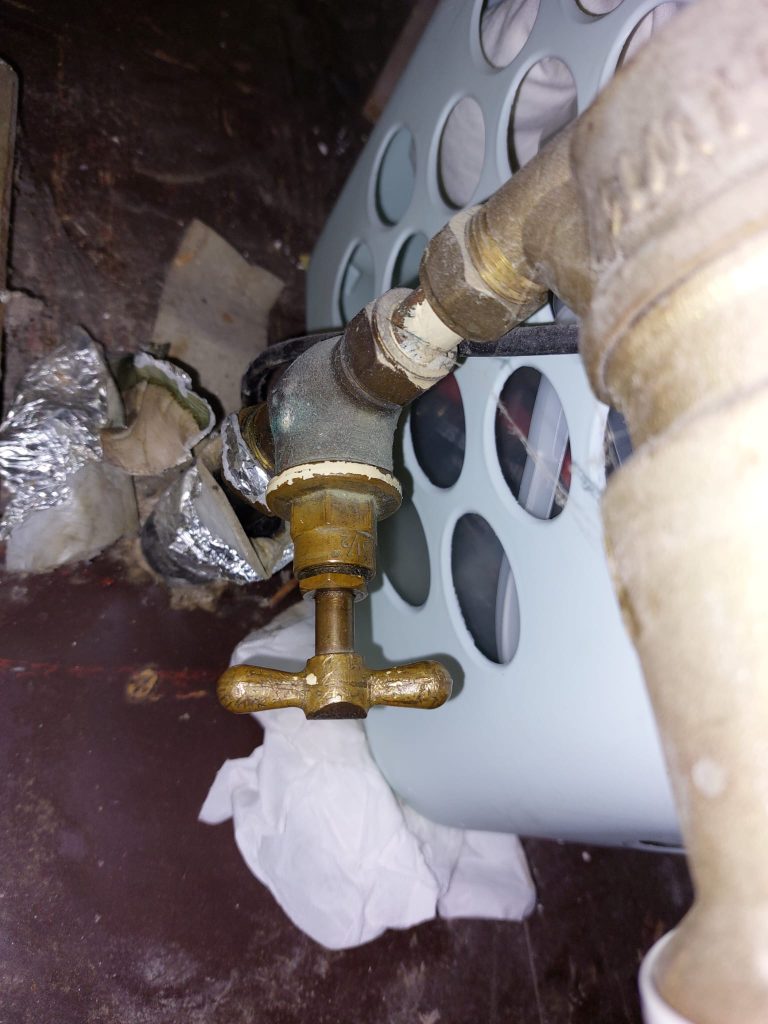
Durability is a crucial factor in plumbing, as you want your pipes to last for many years without issues.
Copper pipes are renowned for their long lifespan, often exceeding 50 years or more. They are incredibly durable and can withstand high water pressures. PVC pipes, while durable in their right, may have a shorter lifespan in comparison.
Resistance to Corrosion
Both PVC and copper offer resistance to corrosion, but they do so in different ways.
PVC pipes are naturally corrosion-resistant due to the properties of plastic. They are an excellent choice for environments where corrosion is a concern, such as coastal regions.
Copper pipes, on the other hand, resist corrosion through the formation of a protective layer called patina. This layer develops over time, enhancing the pipe’s longevity.
Copper Pipes and PVC Pipes Heat Resistance
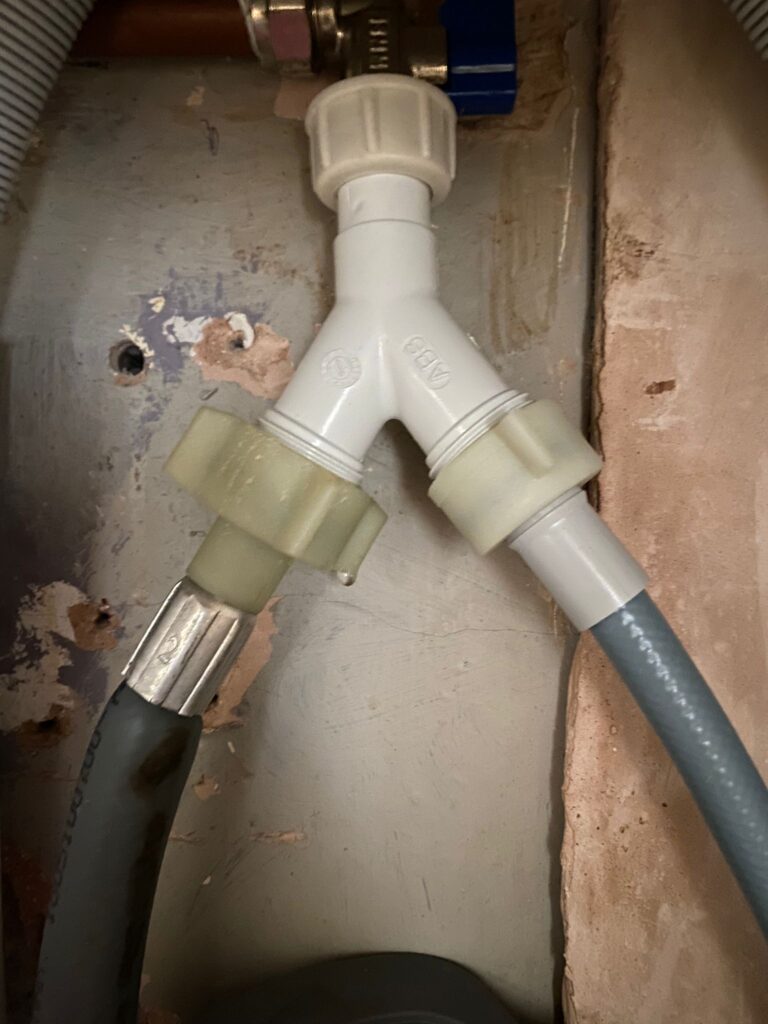
Copper pipes excel in heat resistance. They can handle high-temperature water and are less likely to warp or degrade when exposed to heat. PVC pipes are not as heat-resistant and may deform or melt at high temperatures, making them less suitable for hot water applications.
Water Quality
Copper pipes have an advantage when it comes to water quality. Copper possesses natural antimicrobial properties, which can help maintain water purity. PVC pipes, while safe for drinking water, may not offer the same level of protection against microbial growth.
Environmental Impact of Copper Pipes and PVC Pipes
In today’s environmentally conscious world, considering the ecological impact of your plumbing materials is vital.
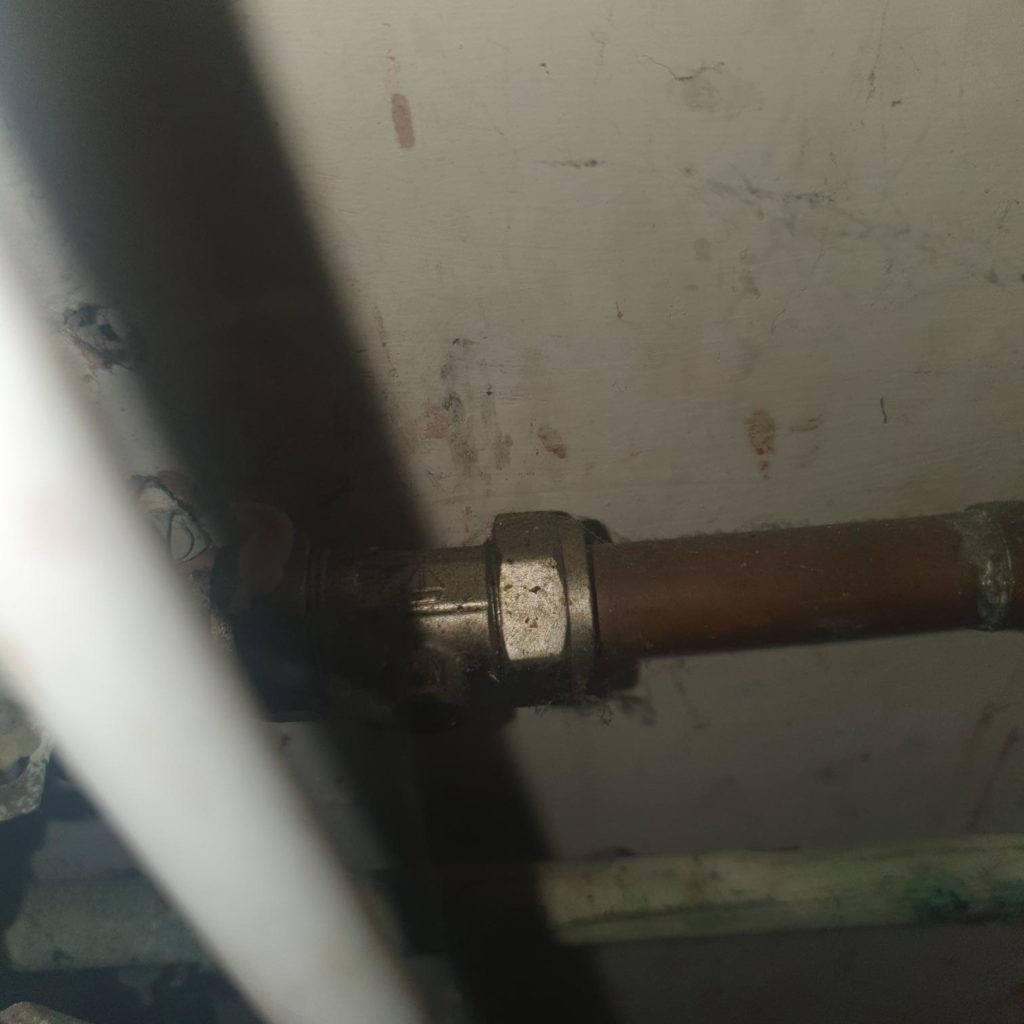
PVC pipes are generally less environmentally friendly compared to copper. The production of PVC involves the use of fossil fuels and the release of potentially harmful chemicals. Copper, on the other hand, is a recyclable material, making it a more sustainable choice.
Applications
The choice between PVC and copper pipes can also depend on the specific application.
PVC pipes are often used for plumber cold water systems, drainage, and irrigation. They are suitable for a wide range of residential and commercial plumbing applications.
Copper pipes are typically favored for hot water systems, as they can handle high temperatures without issue. They are also commonly used in traditional plumbing and for potable water supply.
Read about what pipes to use for your bathroom installations.
Copper Pipe and PVC Pipe Maintenance

Maintaining your plumbing system is essential to prevent costly repairs.
PVC pipes generally require minimal maintenance. However, they may become brittle over time, especially when exposed to extreme temperatures.
Copper pipes, while durable, may require occasional inspection for signs of corrosion. Regular maintenance can help ensure their longevity.
Plumbing Aesthetics
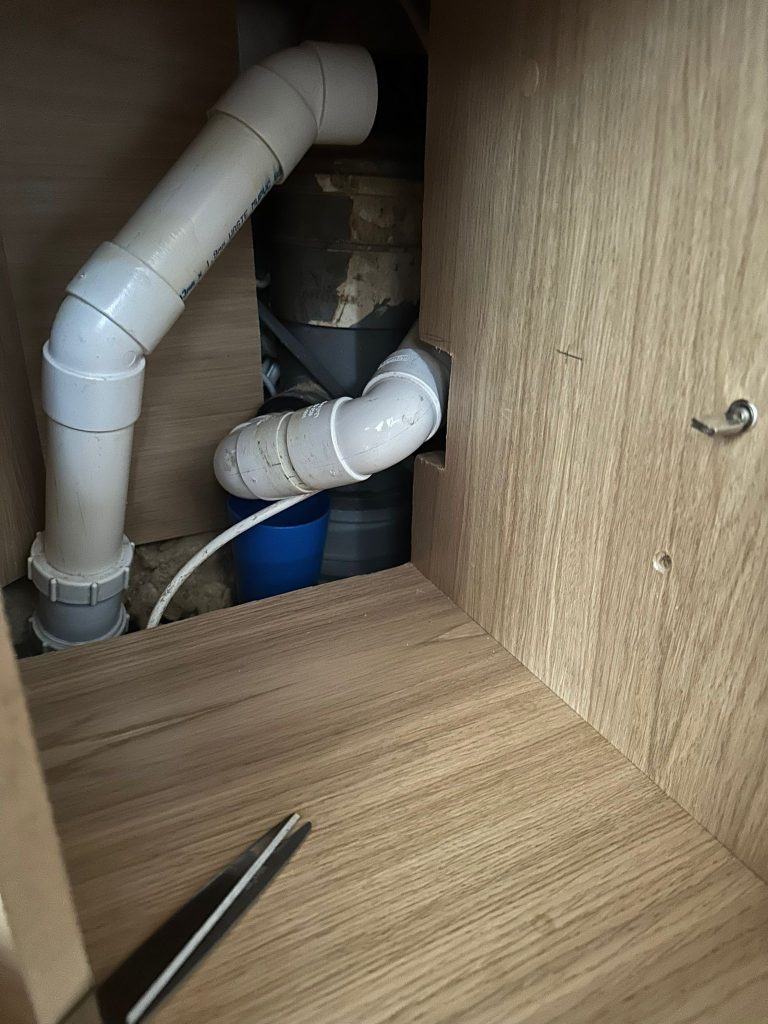
For some homeowners, the appearance of plumbing pipes can be a consideration.
PVC pipes are typically hidden within walls and floors, so their appearance is less of a concern.
Copper pipes, with their attractive reddish-brown color, are often left exposed in some architectural designs, adding a touch of elegance to the space.
In the battle between PVC and copper pipes, there is no one-size-fits-all answer. Your choice should depend on your specific plumbing needs, budget, and environmental considerations. Both materials have their merits, and understanding their differences is the key to making an informed decision for your plumbing project.
Frequently Asked Questions about PVC Pipes and Copper Pipes
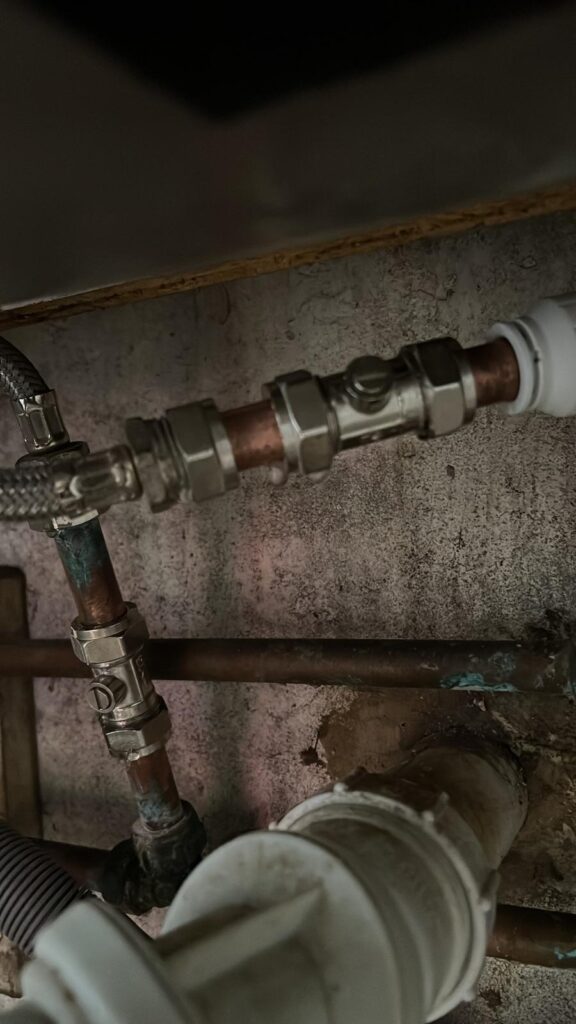
- Are PVC pipes safe for drinking water?
- Yes, PVC pipes are considered safe for drinking water.
- Can copper pipes corrode?
- Copper pipes can corrode over time, but the formation of patina helps protect them from extensive corrosion.
- Which is better for hot water systems, PVC, or copper pipes?
- Copper pipes are better suited for hot water systems due to their heat resistance.
- Are PVC pipes more affordable than copper pipes?
- Yes, PVC pipes are generally more affordable than copper pipes.
- What is the expected lifespan of copper pipes?
- Copper pipes can last for 50 years or more with proper maintenance.
The choice between PVC and copper pipes ultimately depends on your specific plumbing requirements and priorities. Be sure to consider factors such as cost, durability, heat resistance, and environmental impact when making your decision. Both materials have their strengths, and by understanding the differences, you can make a well-informed choice for your plumbing project.
